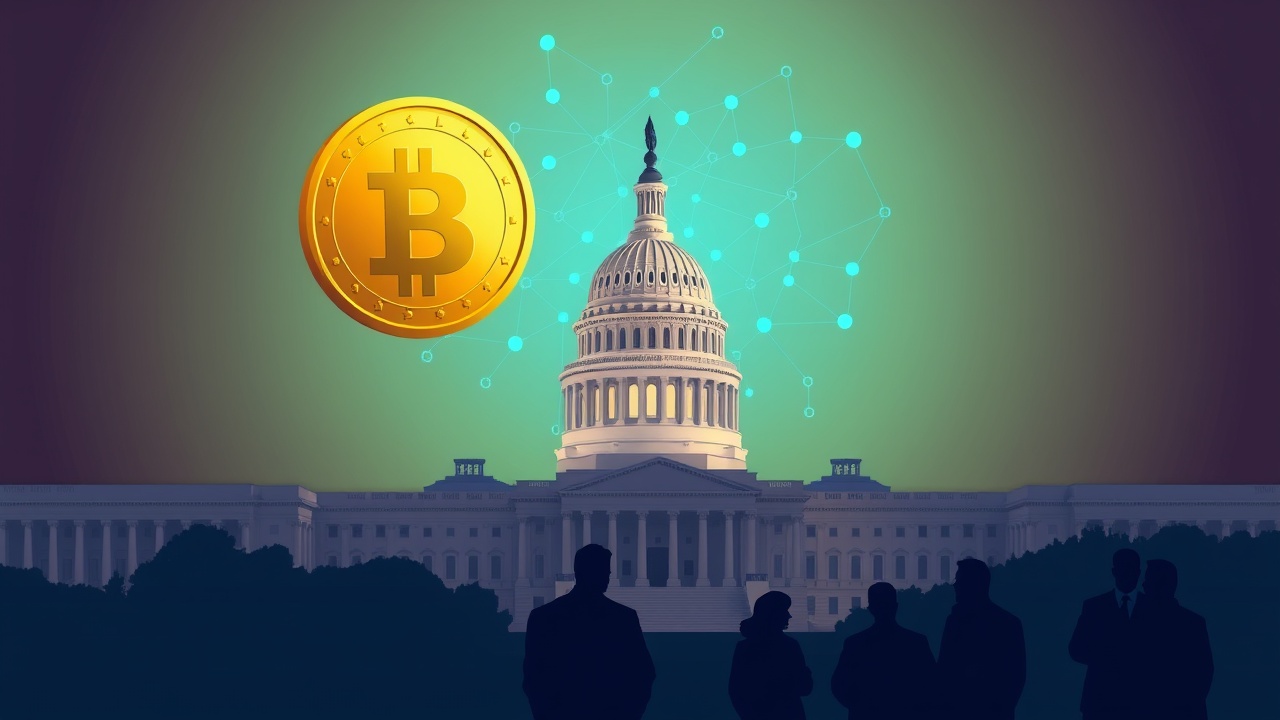Critical Developments in U.S. Cryptocurrency Regulations
This week’s edition of a popular financial podcast delves into a critical development in U.S. cryptocurrency regulations. On May 19, the Senate conducted a procedural vote, resulting in a 66-32 advancement of the GENIUS Act, a significant piece of legislation focused on creating a clear regulatory structure for stablecoins. Concurrently, Representative Tom Emmer reintroduced the Blockchain Regulatory Certainty Act in the House, with strong bipartisan support.
Overview of the GENIUS Act
Examining the GENIUS Act, which stands for “Guiding and Establishing National Innovation for U.S. Stablecoins Act,” it aims to establish essential guidelines about the issuance and regulation of stablecoins. Rashan Colbert, the director of U.S. policy at the Crypto Council for Innovation, shared insights in a recent interview, pointing out that the legislation not only provides definitions for payment stablecoins but also specifies which entities, including bank subsidiaries, credit unions, and recognized non-bank organizations, can issue them.
The bipartisan support surrounding the GENIUS Act marks an encouraging trend, with Colbert noting that there has been a latent but growing interest within Congress, especially among Democrats, ready to engage in meaningful discussions about cryptocurrency regulation.
Legislative Action in the House
On the legislative front in the House, the Blockchain Regulatory Certainty Act aims to clarify the legal status of developers and providers within the blockchain community who do not take custody of customer funds. This act, co-led by Emmer and Representative Ritchie Torres, is essential for providing a safer operating environment for crypto innovators, confirming that they should not be categorized as money transmitters.
Impact on Communities and Public Engagement
With the rise of cryptocurrency adoption — particularly in minority communities, where Colbert highlighted that about one in five Americans invest in crypto, and even higher percentages exist within Black, Latino, and Asian-American populations — the pressure on Congress to act is intensifying.
As the landscape for cryptocurrency regulation evolves, Colbert advises increased public engagement on these issues, stating,
“Ultimately, it’s the voices of the people that matter. Crypto is becoming a significant factor, and legislators are starting to take notice.”
Further Listening
For an in-depth discussion, listeners can enjoy the full interview available on Cointelegraph’s podcasts, as well as on popular platforms like Apple Podcasts and Spotify. Don’t miss Cointelegraph’s diverse range of shows!




